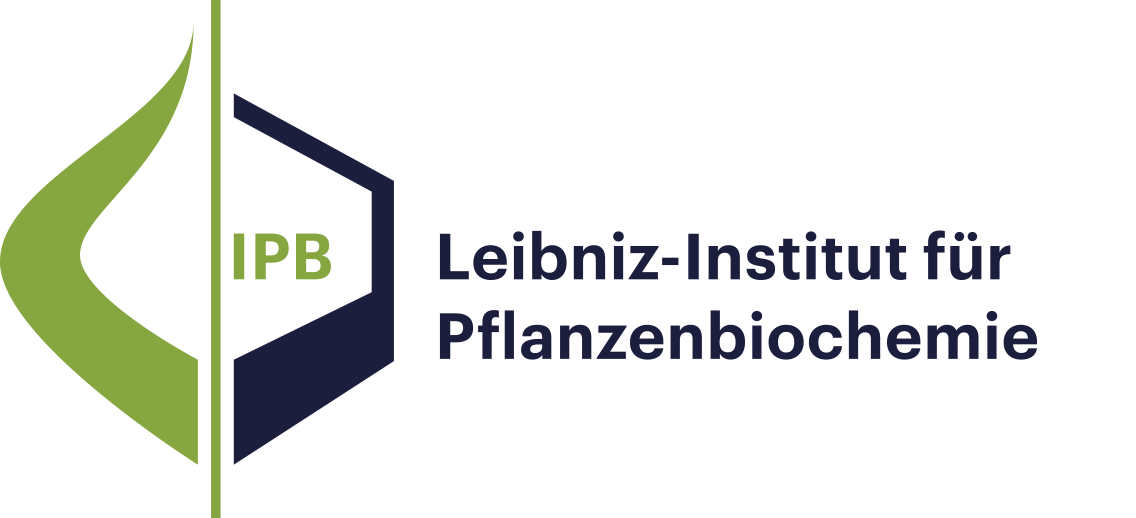- Ergebnisse als:
- Druckansicht
- Endnote (RIS)
- BibTeX
- Tabelle: CSV | HTML
Publikation
Leitbild und Forschungsprofil
Molekulare Signalverarbeitung
Natur- und Wirkstoffchemie
Biochemie pflanzlicher Interaktionen
Stoffwechsel- und Zellbiologie
Unabhängige Nachwuchsgruppen
Program Center MetaCom
Publikationen
Gute Wissenschaftliche Praxis
Forschungsförderung
Netzwerke und Verbundprojekte
Symposien und Kolloquien
Alumni-Forschungsgruppen
Publikationen
Publikation
Herein, a new Ugi multicomponent reaction strategy is described to enhance activity and solubility of the chemotherapeutic drug chlorambucil through its conjugation to poly(amidoamine) (PAMAM-NH2) dendrimers with the simultaneous introduction of lipidic (i-Pr) and cationic (–NH2) or anionic (–COOH) groups. Standard viability assays were used to evaluate the anticancer potential of the water-soluble dendrimers against PC-3 prostate and HT-29 colon cancer cell lines, as well as non-cancerous mouse NIH3T3 fibroblasts. It could be demonstrated that the anticancer activity against PC-3 cells was considerably improved when both chlorambucil and –NH2 (cationic) groups were present on the dendrimer surface (1b). Additionally, this dendrimer showed activity only against the prostate cancer cells (PC-3), while it did not affect colon cancer cells and fibroblasts significantly. The cationic chlorambucil-dendrimer 1b blocks PC-3 cells in the G2/M phase and induces caspase independent apoptosis.

